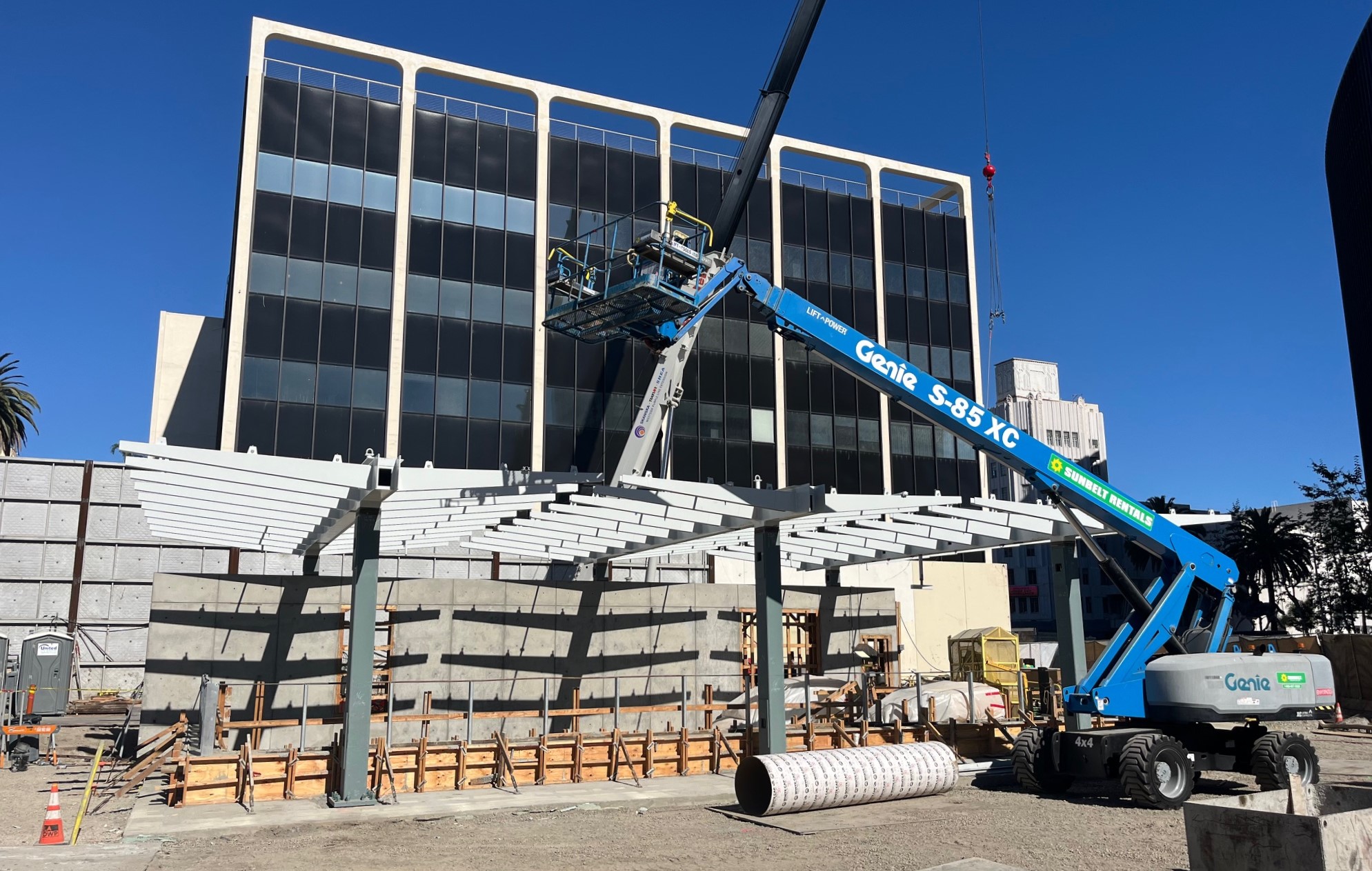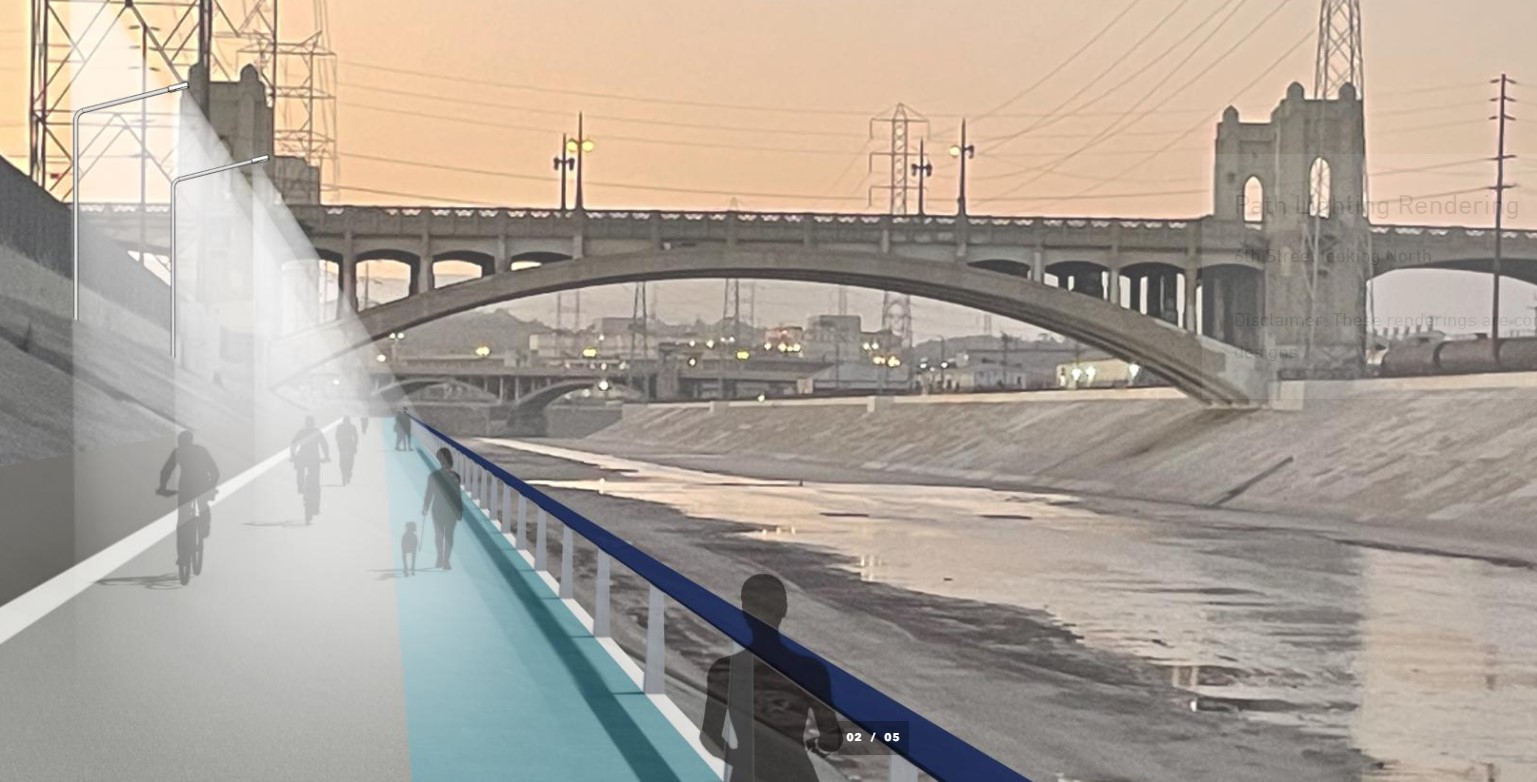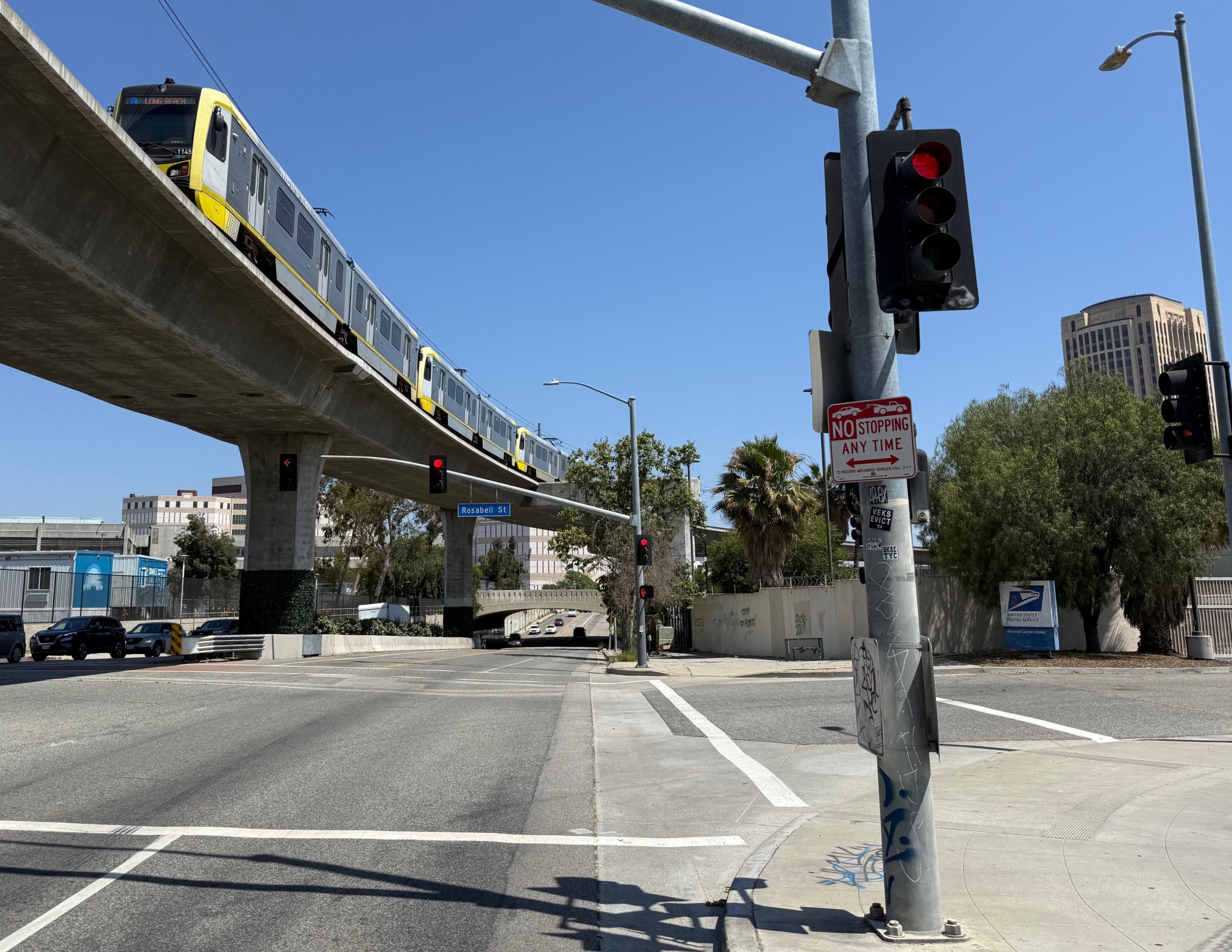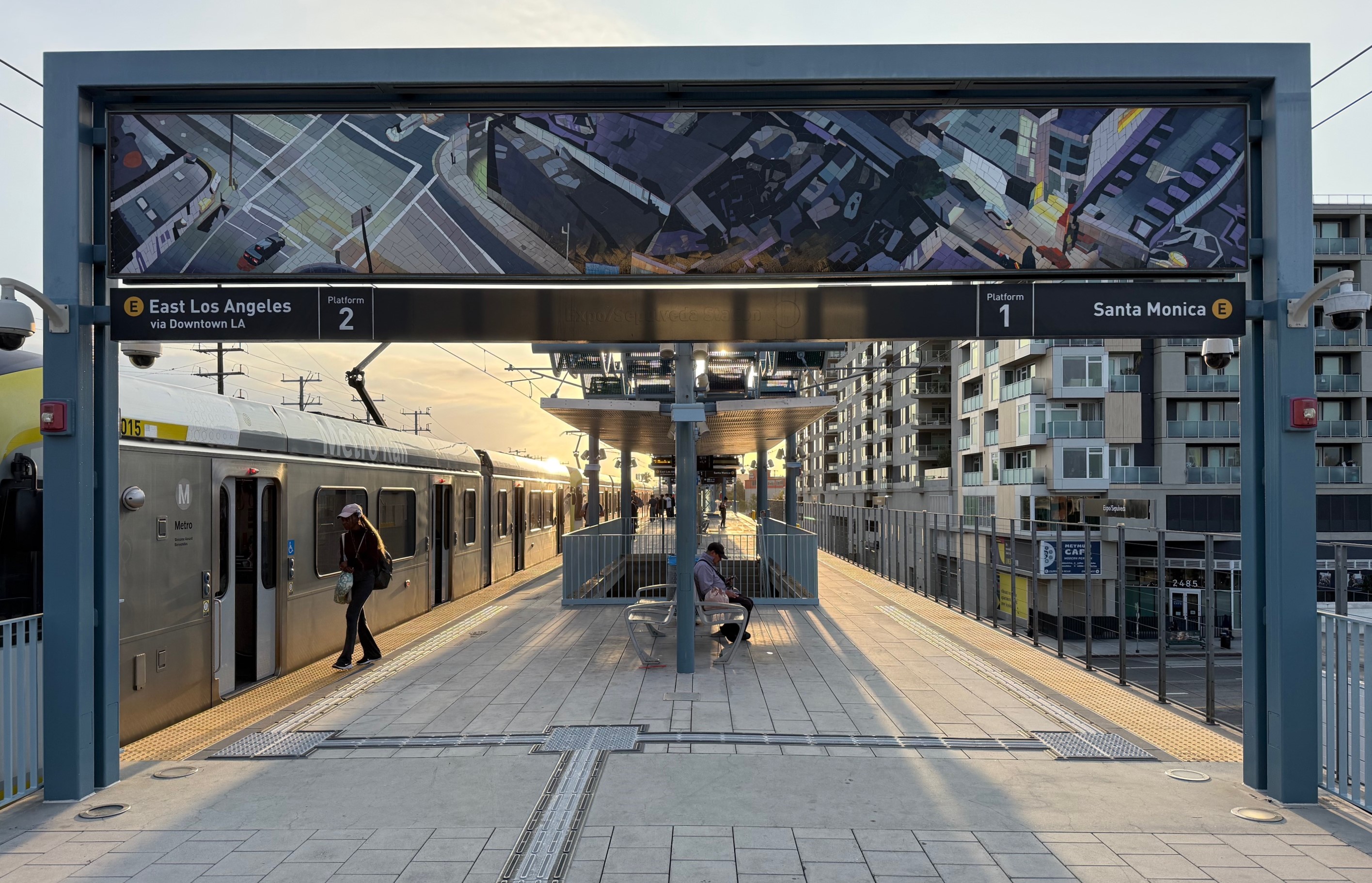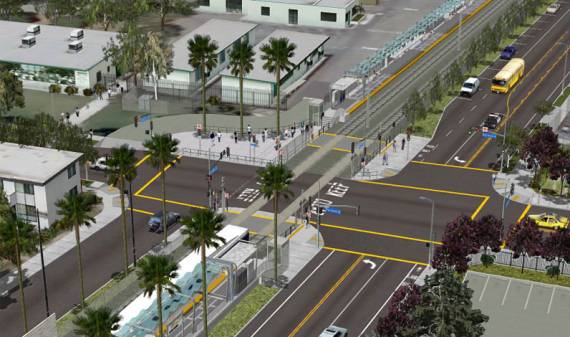
A proposal by County Supervisor and Metro Board Member Mark Ridley-Thomas could create major changes in how Metro decides which grade-crossings are designed at-grade and which will have grade separation. Ridley-Thomas represents the communities fighting for a grade-separated Expo Line in South L.A. and much of the area that will be covered by a rail line for the Crenshaw Line. The proposal would greatly increase the power of neighborhoods in deciding the design of grade-crossings in their community. Some rail advocates worry that the motion would effectively derail the Measure R light rail projects.
The Supervisor has a dual reputation among rail expansion advocates. On one hand, as a State Senator he was a champion of Measure R and helped steer the legislation through the Senate. On the other, his constant criticism of Metro's grade crossing policy has led many to believe he'll endanger rail projects at the behest of the surrounding communities.
The resolution, which passed the Planning and Programming Committee this week and will head to the Metro Board next week, would make two major changes. The first change allows for "subjective" information such as community concerns about redevelopment or safety to enter into the equation. Second, the Metro Board will be tasked with examining all of the information and making a grade-crossing decision. Under the current grade crossing policy, staff makes a decision which is then certified by the Board.
Both of these changes can be found in points four and five of the Ridley-Thomas resolution.
4. Analyses of grade crossing alternatives shall include thorough consideration of non-traffic and non-rail issues affecting each crossing. These analyses shall be in narrative form, with special attention to schools, parks and social service facilities, areas of high pedestrian activity and anticipated changes in land use or demographics. These analyses will allow for community input, and for the evaluation of subjective community considerations, such as safety and economic development, which do not lend themselves easily to quantitative analysis.
This clause is certainly a mixed bag. On one hand, pedestrian activity and the distance between a crossing and parks or schools should absolutely be considered when deciding whether a light rail crossing should be built at-grade. On the other hand, how in the world does an agency measure "analysis in the narrative form?" Are grade-crossing debates going to be determined by how many public comments are submitted?
Another concern for rail advocates has to be what Ridley-Thomas would consider a "community concern about economic development." Early this year the Supervisor wrote that the Expo Line would Doom South L.A. to Second Class Status because of its impact on development
The other major change would be to give greater responsibility for deciding whether a crossing should be at-grade given to the Metro Board
5. Final determination of each grade crossing or grade separation decision shall be made by the Metro Board of Directors, based on a balanced evaluation of technical considerations, such as traffic flow and queuing, and community- based considerations, such as public safety and economic development.
So instead of decisions on crossings being made by professionals, subject to the approval of the Board; now the Board would be presented with hard data and "analyses in the narrative form" and "subjective community considerations" and asked to make a decision on each crossing. On one hand, the thought of the occasionally-dysfunctional Metro Board being tasked with making these decisions makes me nervous.
On the other hand, the Board has disregarded concerns of communities and activist groups before when they deemed their arguments species, so I also wonder if this change will actually make any difference in how crossing decisions are made. Even if this policy existed for the Expo Line, given the politics of Villaraigosa and Westside representatives on the Board, I doubt the outcome would have been any different.
